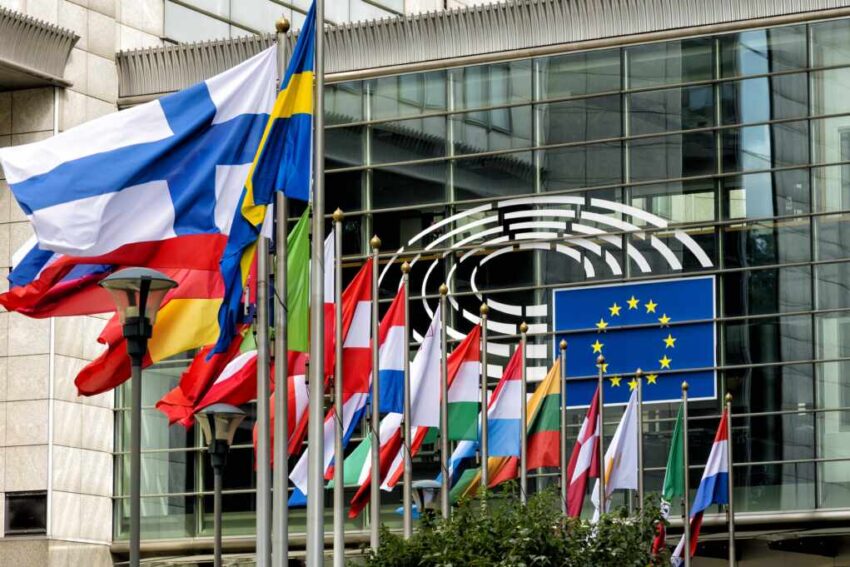The European Commission has announced a sweeping new climate target—cutting emissions 90 percent by 2040—escalating pressure on the United States and other major emitters ahead of COP30.
At a Glance
- The EU aims to slash emissions 90 percent by 2040 from 1990 levels.
- Member states can offset up to 3 percent via carbon credits abroad.
- The U.S. continues subsidizing fossil fuels, with weaker green incentives.
- European industries warn of energy cost spikes and job risks.
- Mid-September is the deadline for revised national climate pledges.
EU Raises the Bar
The new proposal by the European Commission sets a binding 90 percent emissions reduction by 2040. While praised by climate advocates, it also permits countries to use up to 3 percent in international carbon offsets starting in 2036—a decision critics say could dilute accountability. These details were outlined in a Reuters report.
Watch a report: EU steps up ambition as U.S. stalls
U.S. Trails as Europe Accelerates
The Biden administration has faced mounting legislative and political setbacks to its climate agenda. As detailed by The Wall Street Journal, the U.S. remains mired in fossil-fuel subsidies and regulatory rollbacks, creating a transatlantic divide in emissions strategies.
Meanwhile, Europe is doubling down despite recession fears—making the U.S. retreat even more stark in contrast.
Industry Pushback and Rising Costs
Manufacturers across the EU are warning that skyrocketing energy costs tied to decarbonization policies could accelerate industrial offshoring. Some have urged Brussels to fast-track carbon border adjustments. The Guardian reports that industry leaders fear the 2040 goal, while bold, lacks a clear plan for managing competitiveness.
At the same time, COP30 host Brazil has warned against an over-reliance on carbon credits, cautioning that the EU risks undermining the credibility of its targets unless actual domestic reductions are achieved.
Race to the Summit
With national climate pledges due in mid-September, the EU’s escalation now becomes the global benchmark. Denmark’s energy ministry, speaking to Reuters, argued that pausing or weakening ambitions now would send the wrong signal ahead of COP30.
As pressure mounts, diplomats are watching to see if the U.S. will step forward—or risk isolation as climate leadership consolidates in Europe.
Click this link for the original source of this article.
Author: Editor
This content is courtesy of, and owned and copyrighted by, https://thecongressionalinsider.com and its author. This content is made available by use of the public RSS feed offered by the host site and is used for educational purposes only. If you are the author or represent the host site and would like this content removed now and in the future, please contact USSANews.com using the email address in the Contact page found in the website menu.








